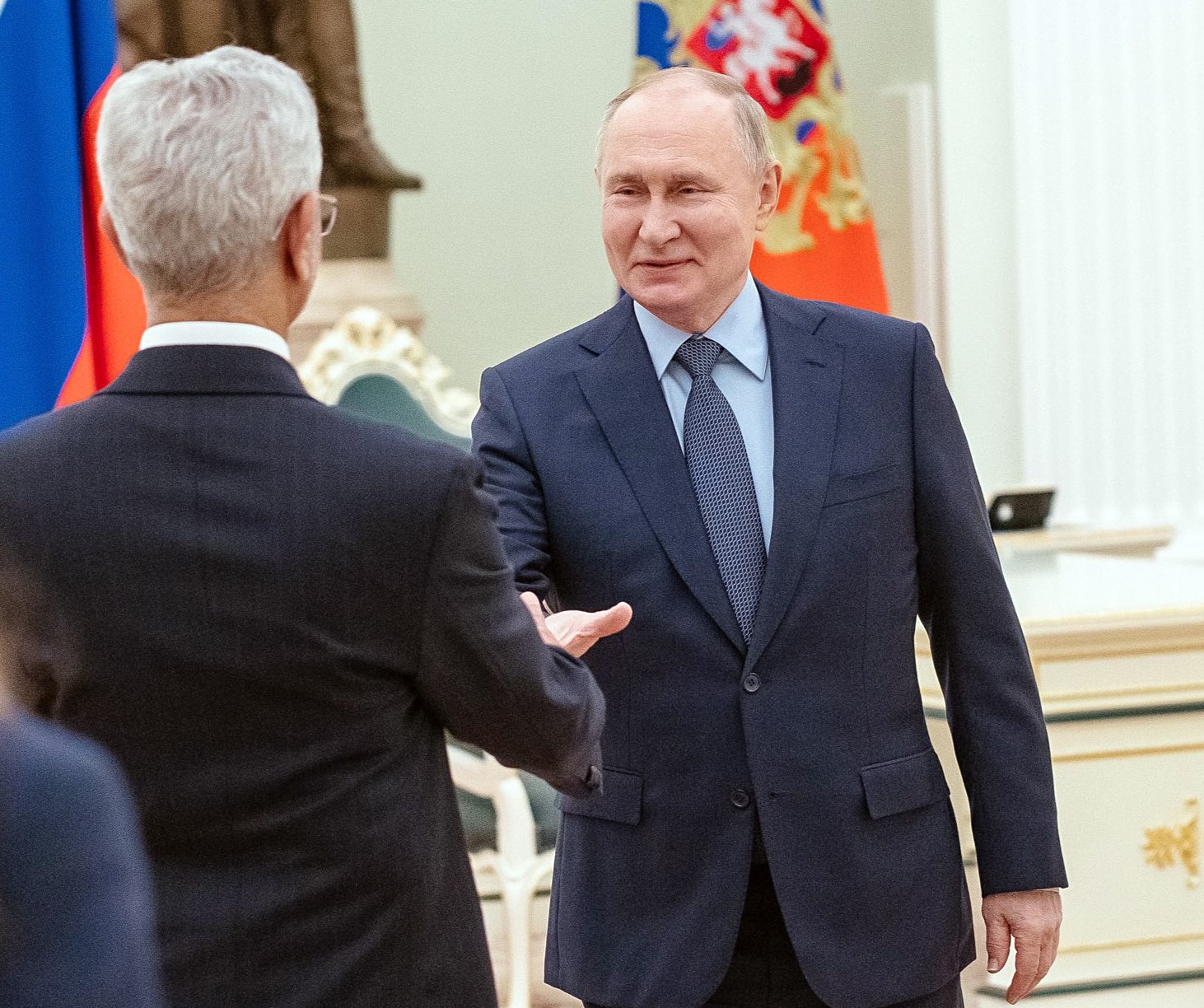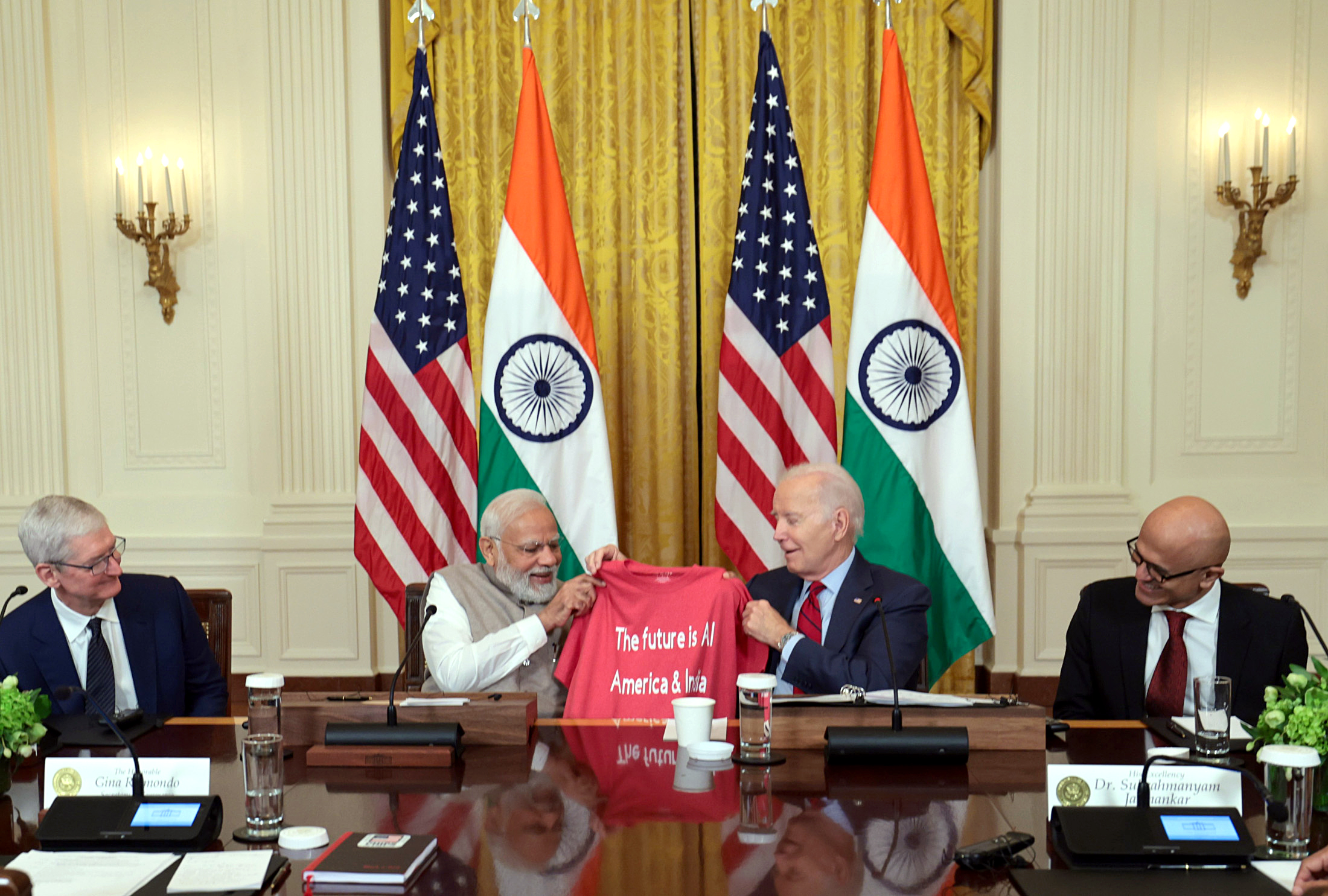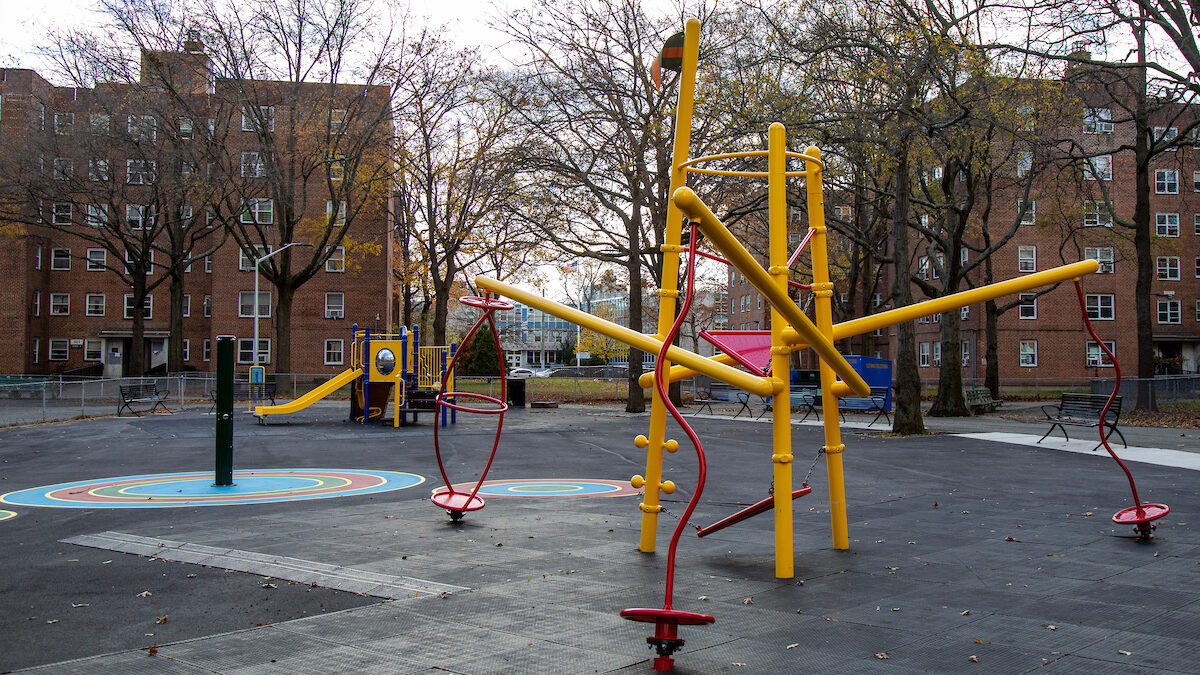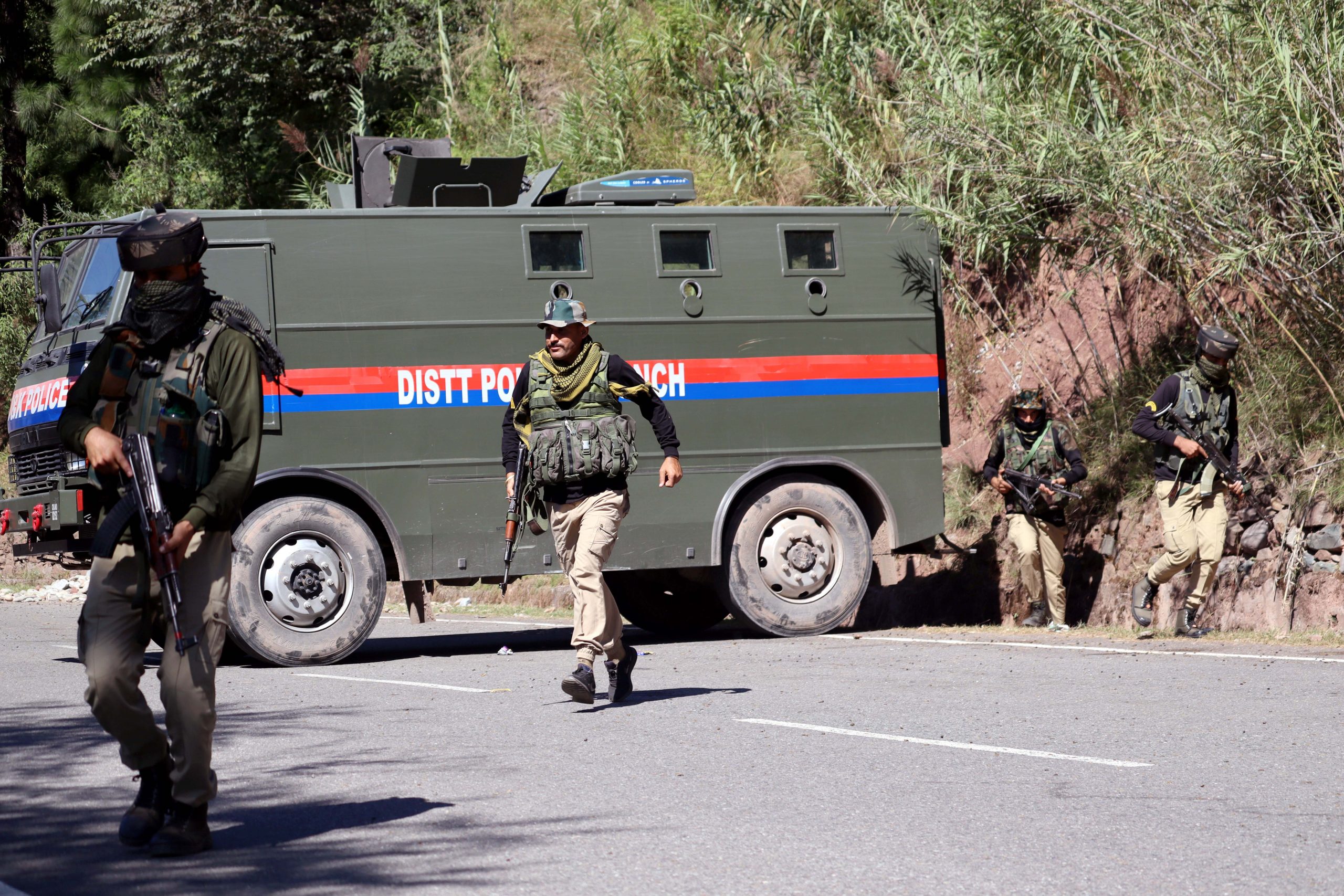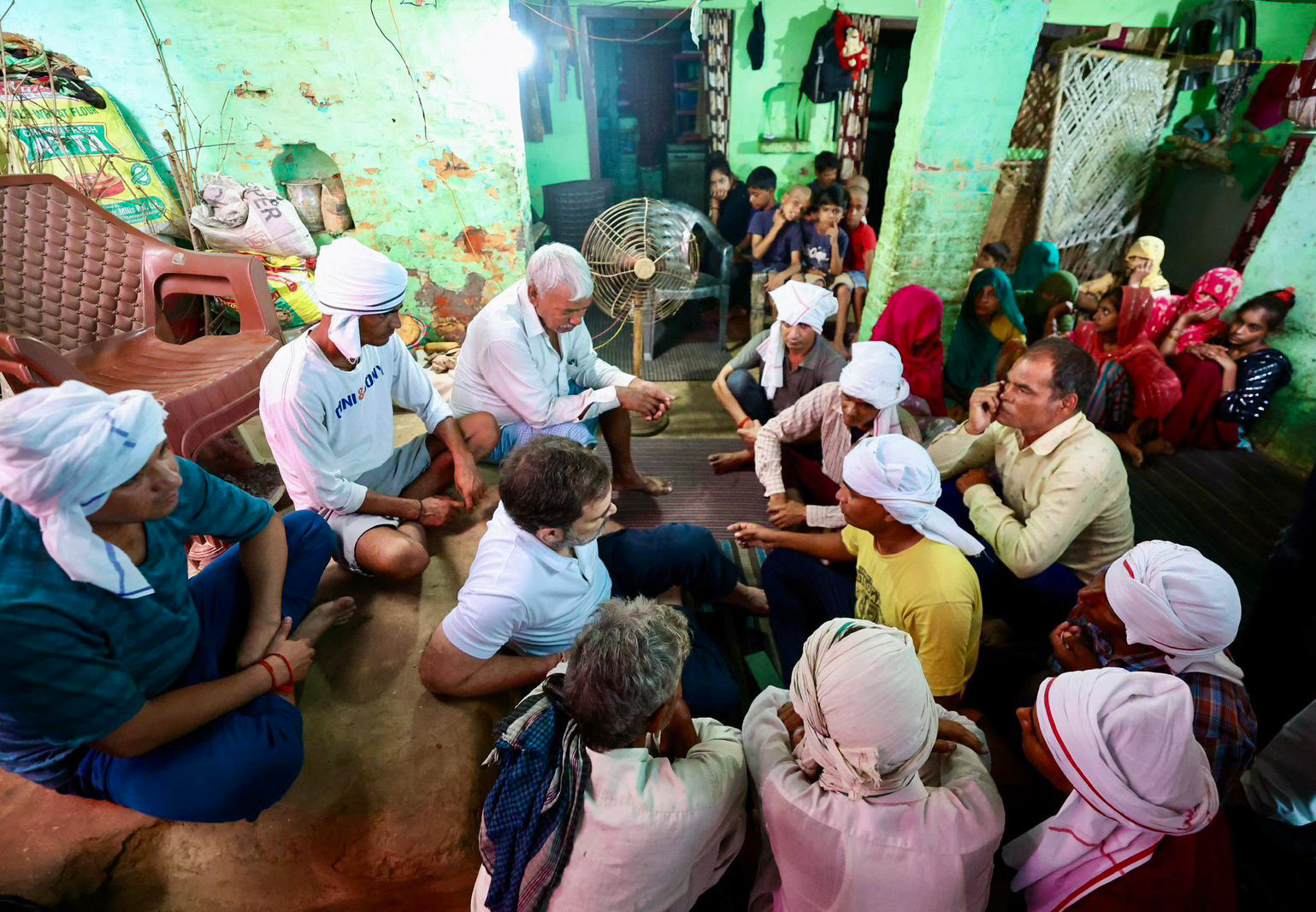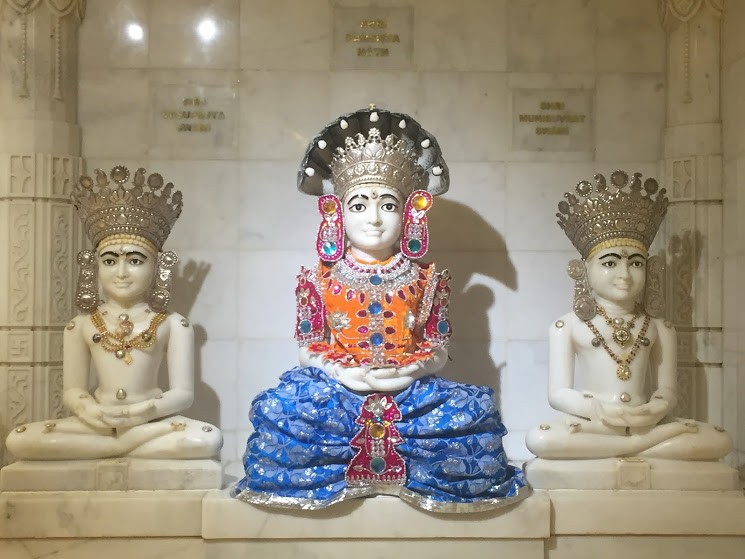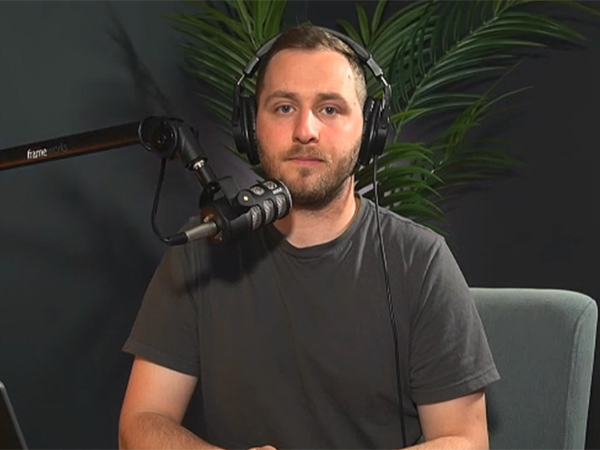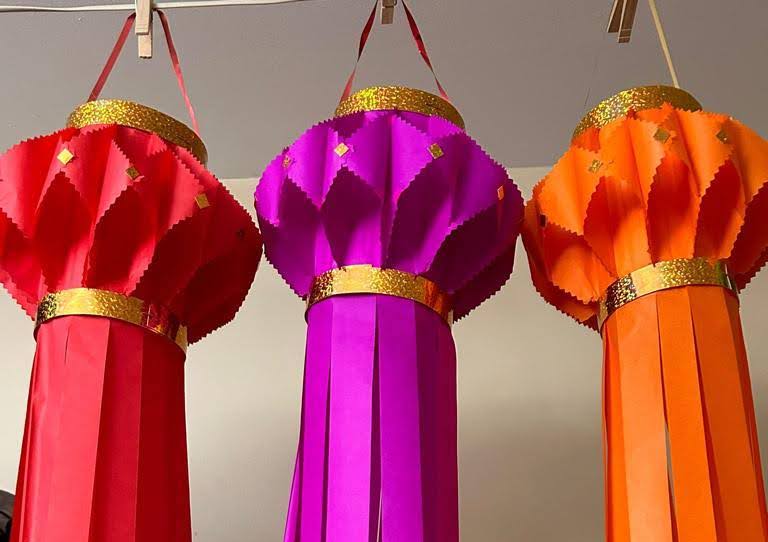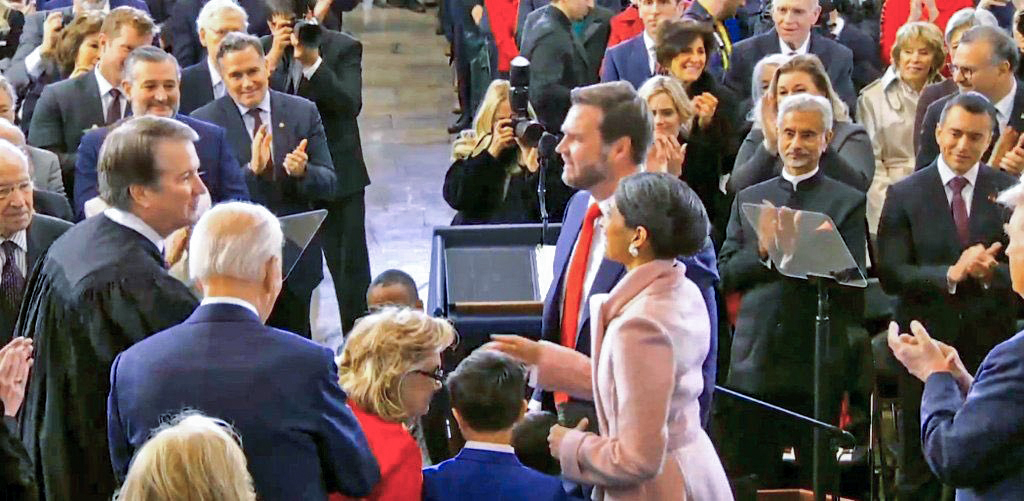BRICS ministers of Foreign Affairs met in Russia’s Nizhny Novgorod recently and discussed the enhanced use of local currencies in trade and financial transactions
Our Bureau
Moscow/New Delhi
There is nothing official about it as yet, but it is already causing a buzz all across. A planned meeting between Modi and Putin may have the attention of the entire world.
It has been reported that India and Russia are making arrangements for an upcoming visit by Prime Minister Narendra Modi to Russia, according to Russian state news agency RIA. A diplomatic source indicated that PM Modi’s visit may take place in July.
The Kremlin had previously announced in March that Modi had an outstanding invitation to visit Russia, confirming that a meeting between PM Modi and President Vladimir Putin is scheduled to take place, Reuters reported.
Putin was sworn-in as the President of Russia for the fifth consecutive time in May this year, while Narendra Modi too took the oath as Prime Minister of India for the third consecutive term on June 9. “The Russian President warmly congratulated Narendra Modi on the success of the Bharatiya Janata Party in the recent general parliamentary elections,” the Russian President said in an official statement earlier.
If the visit takes place, it will be PM Modi’s maiden trip to Russia since 2019, and also the first since the start of the Russian invasion of Ukraine in February 2022.
President Putin last visited New Delhi in 2021 for the annual India-Russia Summit, which hasn’t been held in the past two years.
PM Modi last met Putin on the sidelines of the Shanghai Cooperation Organisation (SCO) Summit at Samarkand in Uzbekistan on September 16, 2022, when he called him to follow the path of dialogue and diplomacy to resolve the Ukraine conflict.
In spite of growing strategic and security ties with the US and other key Western players, India has refrained from publicly criticising Russia’s invasion of Ukraine. India even ramped up the purchase of Russian crude despite initial pressure from the US, saying such a move is required to control domestic oil prices.
However, India has time and again advocated for a cessation of hostilities in the Ukraine conflict and a return to the path of dialogue and diplomacy to find a lasting solution.
Modi’s visit to Moscow, if it happens, will come at a crucial time.
Just a couple of weeks ago, the BRICS ministers of Foreign Affairs met in Russia’s Nizhny Novgorod and held a plethora of discussions, including an important one on the enhanced use of local currencies in trade and financial transactions between the BRICS countries. At the meeting, the ministers recognized the need for a comprehensive reform of the global financial architecture.
“They recalled the paragraph 45 of the Johannesburg II Declaration tasking the Finance Ministers and Central Bank Governors of the BRICS countries to consider the issue of local currencies, payment instruments and platforms and to report back to the BRICS Leaders,” according to the Joint Statement.
As per the Joint statement released by MEA, the leaders also “supported a robust Global Financial Safety Net with a strong quota-based and adequately resourced International Monetary Fund (IMF) at its centre, and also called on “continuing the process of IMF governance reform including creating a new quota formula reflecting the economic size of its membership” during the overall review of quotas.
India participated in the BRICS Foreign Ministers’ Meeting which began in Russia’s Nizhny Novgorod on Monday, the first assignment for India’s foreign policy under the historic third consecutive term of Prime Minister Narendra Modi.
Dammu Ravi, Secretary (Economic Relations), at the Ministry of External Affairs (MEA), led the Indian side at the BRICS Foreign Ministers’ Meeting.
“The Ministers encouraged the New Development Bank to follow the member-led and demand-driven principle, employ innovative financing mechanisms to mobilise financing from diversified sources, enhance capacity building and knowledge exchange, including with knowledge sources from developing countries, assist member countries in achieving the SDGs and further improve efficiency and effectiveness to fulfil its mandate, aiming to be a premier multilateral development institution for EMDCs,” the Joint Statement read.
















